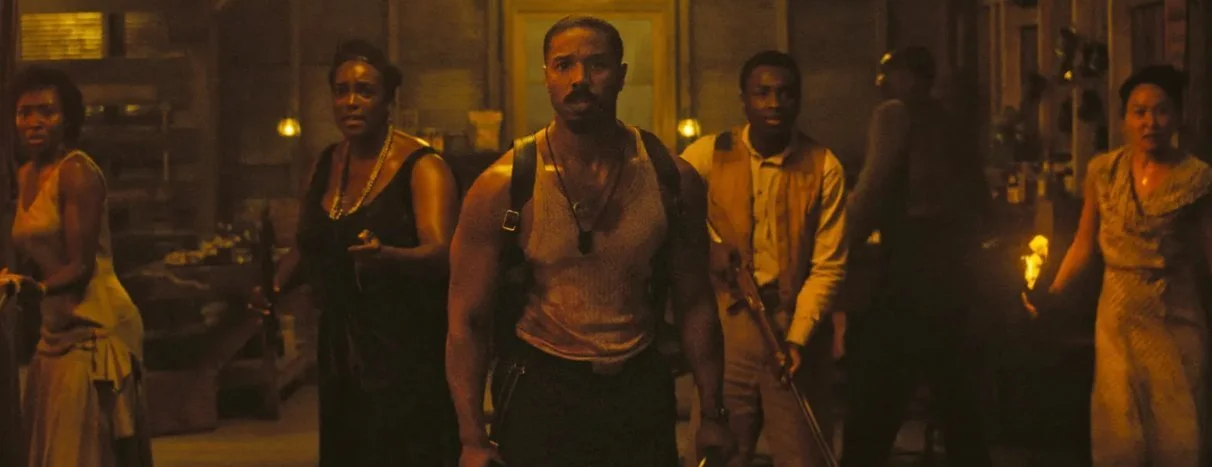Pedro Almodovar’s “Pain and Glory” a meta-infused narrative about the trials and tribulations the director has endured over his life, is a knockout. Antonio Banderas won the Cannes Film festival’s Best Actor Prize by playing an openly gay film director looking back on his past, wondering where he stands in the present and worrying about what his future holds. Basically, Banderas was playing Almodóvar. The result is a meta-filled movie, but splattered with subtle hints about Almodovar’s personal life all over its sumptuously-lit frames.
Of course, there is a poster of Fellini’s 8 1/2 on a character’s wall. Way to make things obvious, Pedro. I have described this as Almodovar’s 8 1/2, which it very much is, a semi-autobiographical drama in which the director looks back on his youth and career.
Antonio Banderas’ Salvador Mallo is an ageing, gay, Spanish auteur with, more or less, the same look as the legendary director. This results in a rather self-indulgent affair, albeit sprinkled with beautiful moments of personal filmmaking. Then again, Fellini’s film could be qualified as self-indulgent as well, as, much like in ‘Pain & Glory,’ it fit perfectly well with the main character Guido. Much like Guido, Mallo is rather composed, tame and unabashedly private.
A 32-year-old film of Mallo’s is being restored and shown at a local arthouse cinema; Its title is “Sabor” but one would imagine this is Almodovar talking about his 1987 classic “Law of Desire.” Mallo hasn’t spoken to the leading man of that film, Alberto (Asier Etxeandia), since shooting wrapped, because Alberto was taking heroin during production. However, as he looks back on this upcoming retrospective, filled with regret, Salvador goes to Alberto’s house to make amends and ask if he wants to join him for the cinemateque’s post-screening Q&A of the film. The meeting is successful and even has Salvador joining the actor for a little heroin smokeage, The next day, Mallo asks for more. But if you think this will turn into an addiction drama then think again. Almodovar probably did smoke heroin with an actor in real life, but the film hints that this was no addiction. Case closed. Eventually Salvador agrees that it’s a good idea for Alberto to adapt a script he has written for a one-man-show.
The film interspersed with touchingly rendered sequences of Mallo as a child living impoverished with his mother (a fabulous Penelope Cruz) and never-there father. However, it’s Banderas’ performance that matters most; he is wonderful, exuding the same warmth he brought to every Almodovar he’s starred in over the last three decades. This is a meditative contemplation from an artist that went through depression and incredibly debilitating chronic pain in his life. A film in which its director asks himself if he has anything left to say on celluloid. “Pain & Glory” is proof that he does. [A-]





